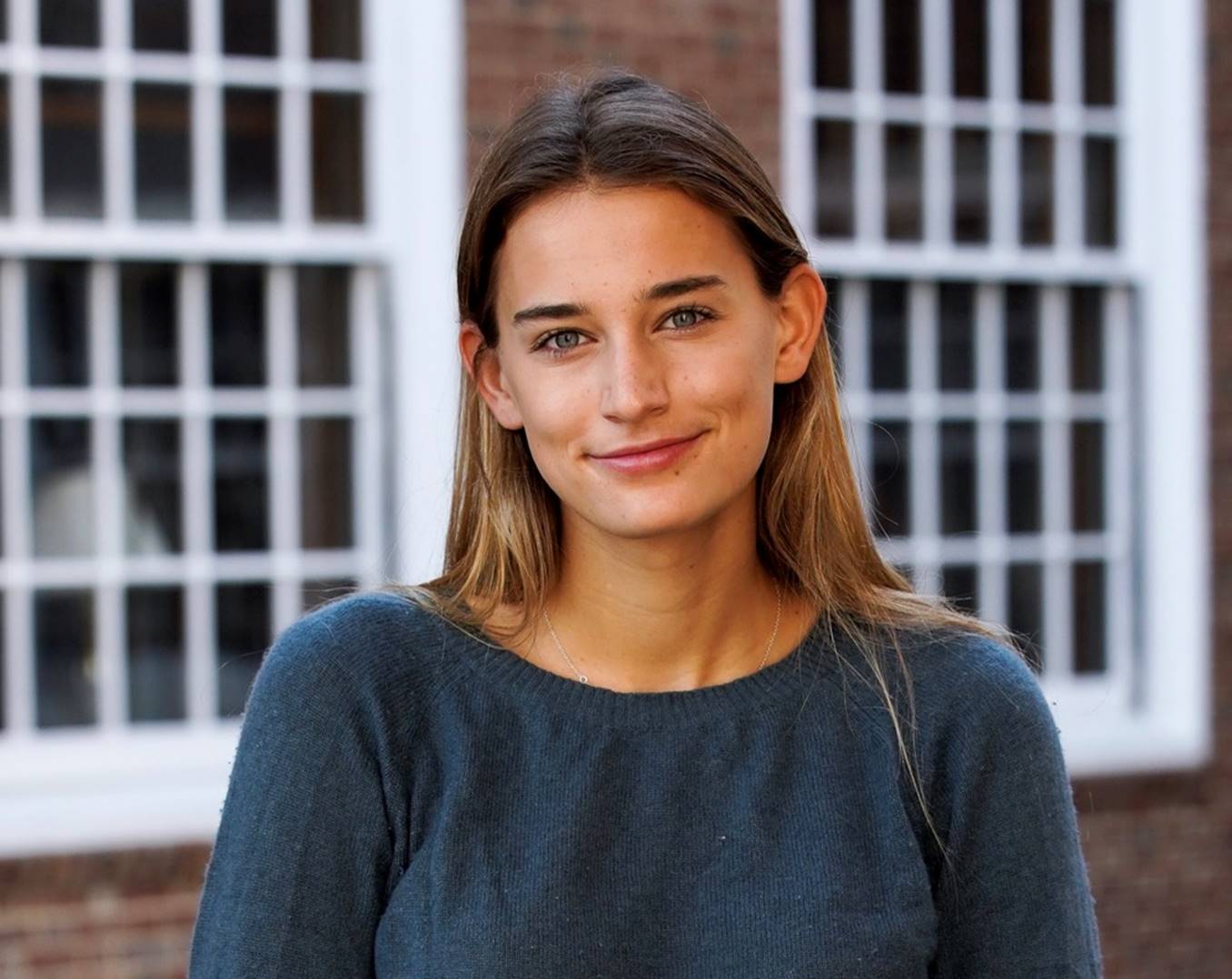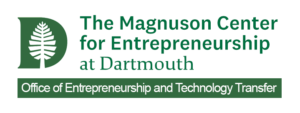Magnuson Center Aims To Get More Women Involved In Student-Run Businesses
Magnuson Center Aims To Get More Women Involved In Student-Run Businesses

Magnuson Center Aims To Get More Women Involved In Student-Run Businesses
When Kiera Klinsky, D’21, became co-owner of Evolving Vox, LLC, a furniture-leasing company, during her sophomore year, she realized that she was the only female owner of a student business at Dartmouth. At a college where half of the students are women, Klinsky was determined to make student businesses on campus more representative of the clients they serve.
“It wasn’t until I became involved as a business owner myself that I started to realize there were, at the time, no other women involved,” Klinsky says. “I started thinking about why that was the case.”
She believed that there were two main barriers: lack of opportunity, and a risk aversion among many women. She thought that she could create an organization to address both barriers, and in 2020 Women In Student Business (WISB) was founded, with the support of the Magnuson Center.
Student businesses pop up to meet student-specific needs — like phone repair or the desire for larger beds in their dorm rooms. When founders graduate, they sell their business equity to an underclassman. Amid the many pulls of senior year — like finding a job and bidding farewell to friends — student business executives often turn to their networks for an easy sale. The problem is that the networks that mix underclassmen and upperclassmen are often gendered organizations, like sports teams or Greek organizations. That means that, unintentionally, businesses are often passed from men to men.
To combat that, WISB started a public database of student businesses that were coming up for sale. Rather than slipping down gendered networks, the upcoming sale of student businesses are now easy for anyone to discover.
With the business sales available to anyone on campus, WISB set out to give more women the confidence to run a student business. Many females, Klinsky found, were apprehensive about jumping into a business and investing in something that they felt they didn’t have the skills yet to understand. To address that, WISB began offering peer mentoring, establishing seminars and coffee chats that taught female students how to evaluate a business, place a bid, and manage a business successfully.
WISB’s efforts had an immediate effect. This spring, 25% of Dartmouth’s student business’ ownership spots soldto women. Overall, nine of the 68 student business owners on campus are female, so there’s still a lot of work to be done. However, Klinsky believes that the progress toward getting more women into student-run businessesmakes the whole student business ecosystem stronger.
“Women not being involved was a huge loss,” she says.
Klinsky notes that the inequality in the student-business sphere can affect women who wish to seek jobs in the business sector or secure funding for entrepreneurial endeavors post-college. Employers and investors want to know that the person they are taking a risk on has made real-world business decisions, just like the ones executives of student businesses make every day. If the student-business sphere remains unequal, women will have a harder time proving their competence than men.
“It’s really important to me that women understand finances and how things are run, that they take an active role in the business ecosystem wherever they are,” Klinsky says. “The Dartmouth women weren’t doing that. They weren’t part of these conversations.”
Although Klinsky graduates this year, she’s confident that WISB will continue to strengthen the presence of female business owners on campus. While the organization has made good progress in helping women invest in existing student businesses, Klinsky would like to encourage more female students to start their own student businesses on campus. To encourage that, WISB is organizing a speaker series and mentorship program bringing in alumnae founders. Klinsky hopes that soon, Dartmouth will be home to student businesses founded by women, to serve the female students’ needs.
Once the barriers to entry have been reduced for women in student business, Klinsky would like the group to address barriers faced by other marginalized groups. Although Klinsky believes that WISB’s public timeline of sale is currently helpful to all demographics, Klinsky would like to address the economic obstacle that arises for people who do not have the capital on hand to purchase or found a business. A program that offers no or low-interest loans to students with limited financial resources could help address that, she says.
With the support of the Magnuson Center and the active participation of alumnae, Klinsky is confident that WISB will continue to help diversify student leadership executive positions on campus.
“It’s been such a great partnership. The Magnuson Center has been able to give us more resources than I ever could have imagined, both financially and in terms of support,” Klinsky says. “A lot of women go through our program, then get involved in our group and the Magnuson Center to give back.”
To contact WISB, email women.in.student.business@dartmouth.edu; learn more here.

